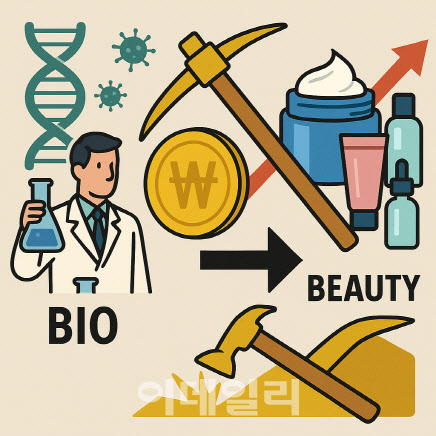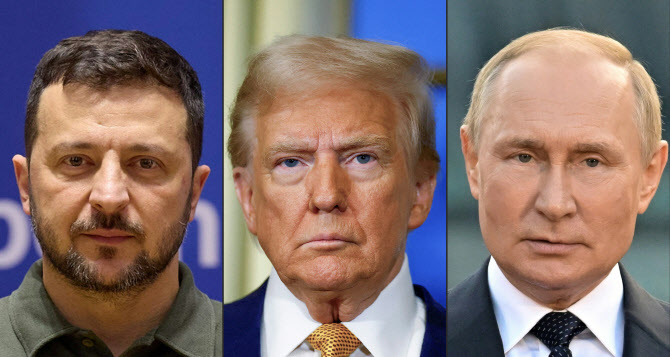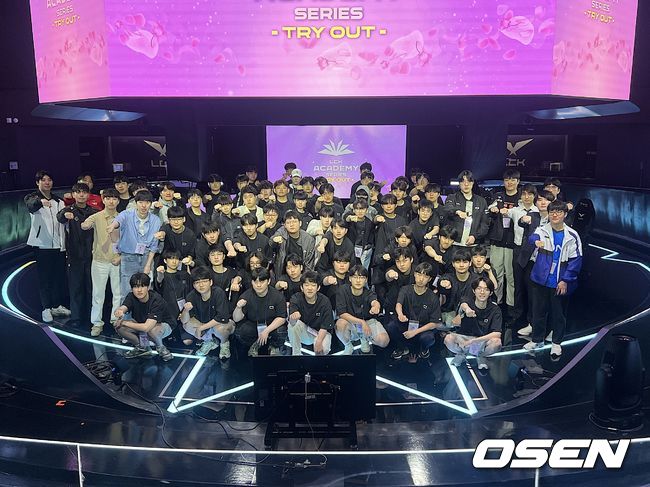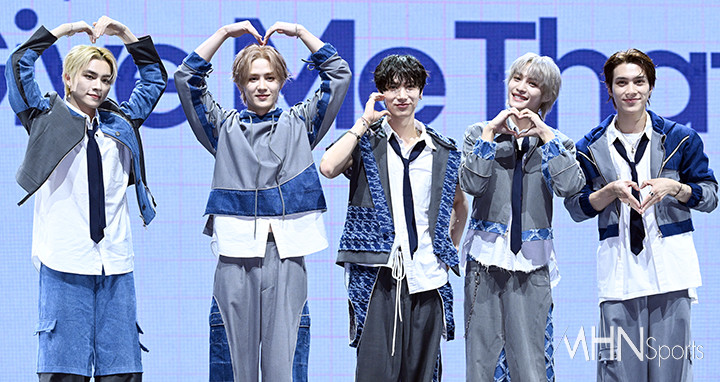
Now, cosmetics are filling that gap. By applying advanced drug technologies to skin care, companies are turning “derma cosmetics” into a dependable source of revenue. These products validated through clinical studies for efficacy in treating skin conditions, wrinkles, and pigmentation are redefining consumer expectations and disrupting the traditional cosmetics market.
A game-changer in beauty
The concept of derma cosmetics, a fusion of dermatology and cosmetics, is not entirely new. Drugmakers have dabbled in beauty before, leveraging their chemistry know-how. But past efforts largely failed to gain traction, hindered by weak branding, limited capital, and insufficient product differentiation.
That picture has changed dramatically. Today, a new generation of biotech-driven beauty brands is capturing consumer trust with clinically proven efficacy and vertically integrated business models. Unlike traditional cosmetics, these products are marketed as science-backed solutions rather than lifestyle luxuries.
Rising stars of K-bio beauty
Several Korean biopharma companies are leading the charge. Dongkook Pharmaceutical has turned the active ingredient in its wound ointment ‘Madecassol’ centella extract into a hit beauty line under the Centellian24 brand. Sales topped 200 billion won ($150 million) last year, and the company is on track to reach 250 billion won in 2025, positioning it among Korea’s top 10 cosmetics firms for the first time.
PharmaResearch is best known for Rejuran, an injectable skin rejuvenation treatment derived from salmon DNA fragments known as PDRN. Building on that success, the company has expanded into derma cosmetics using the same technology, with sales expected to exceed 100 billion won this year, contributing to a projected 500 billion won companywide.
Hugel, leveraging expertise from its Botox and filler business, is expanding its Wellage skincare line, which is projected to surpass 50 billion won in annual cosmetics revenue this year.
FugenBio, a biotech venture, has transformed a novel substance discovered in diabetes drug research into a blockbuster skincare line under the CefoLab brand. After generating 60 billion won last year, sales are on track to nearly double in 2025.

Image by ChatGPT
The global derma cosmetics market is projected to reach $50.3 billion in 2025, about 8 percent of the $605.2 billion global beauty industry, according to Mordor Intelligence. While the share remains modest, the segment is expanding at roughly 10 percent annually far outpacing the stagnant growth of traditional cosmetics.
“That shift could be profound. Biopharma companies are competing not with heavy branding campaigns but with science and proven efficacy, winning over increasingly discerning consumers. Just as electric vehicles are gradually displacing combustion-engine cars, derma cosmetics powered by biotech innovation are taking market share from traditional beauty brands”(Yoonsoo Kim, CEO of FugenBio).
For K-bio, the rise of beauty is more than a trend it’s a structural shift that promises financial stability and a self-reinforcing cycle of innovation. With cosmetics as a cash cow, Korean biotech firms are now better positioned to fund the costly pursuit of new drugs.










